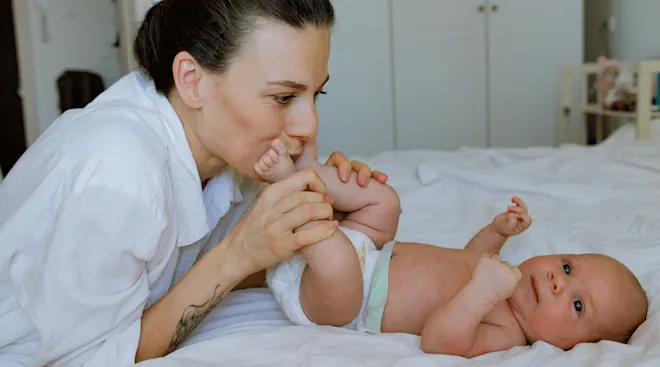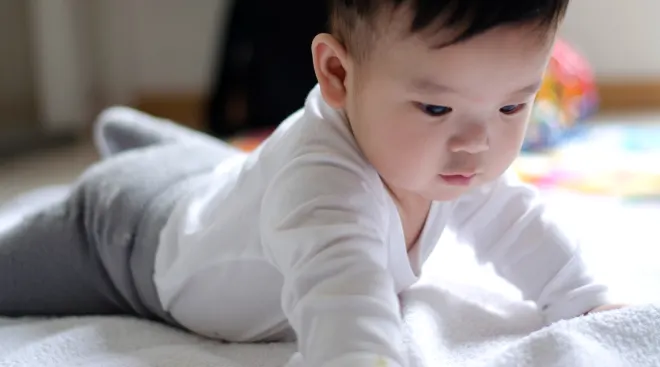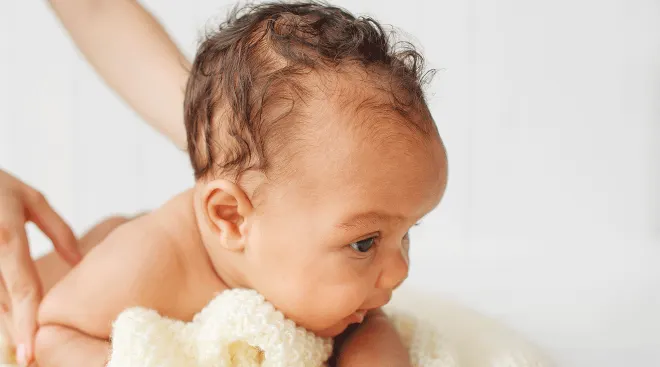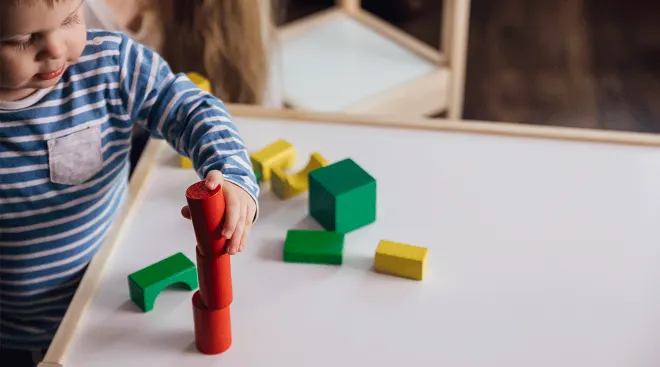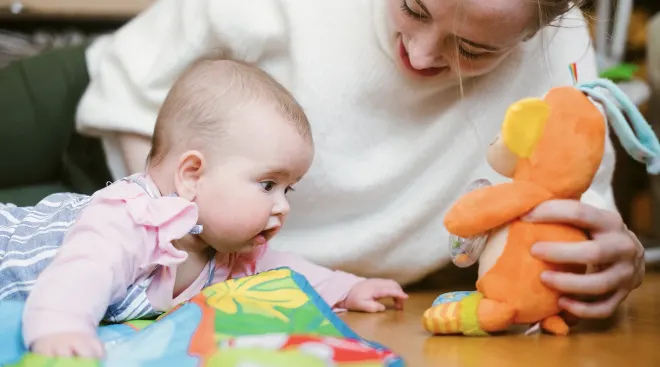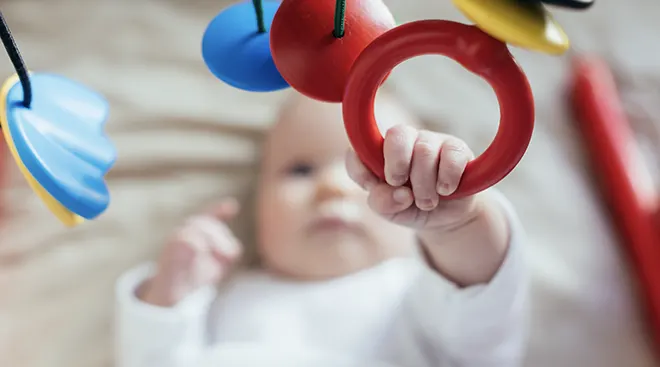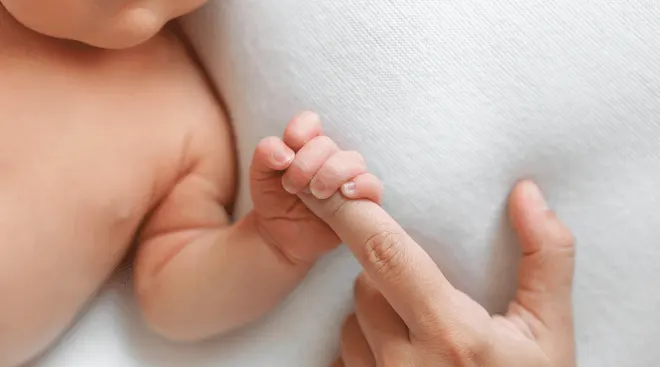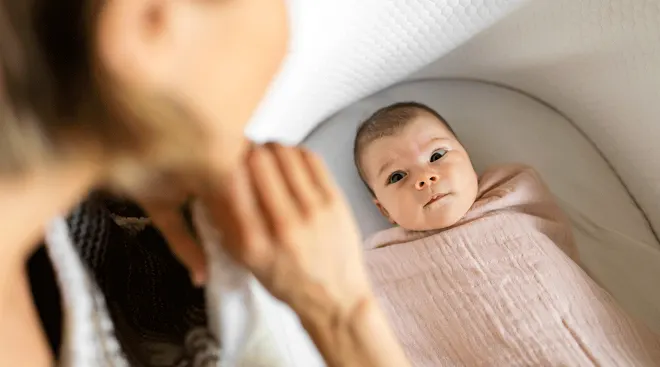Moms May Be Able to Smell Their Child’s Development, Study Says
Most everyone is familiar with that sweet, new baby smell. But now, according to a new study published in the journal Frontiers in Psychology, moms may actually be able to smell their children’s development—and it may play a key role in the mother-child relationship.
The study looked at 164 blindfolded German moms. The researchers gave them each clothing samples of their own kids, as well as clothes from four unfamiliar, sex-matched kids who varied in age, ranging from infanrs to 18 years old. The clothing samples consisted of onesies or t-shirts the children had slept in for one night. The study found that moms were able to pick out the developmental stage of a child that wasn’t their own with an accuracy rate of approximately 64 percent, scoring higher when they were smelling their own child. They also scored higher when identifying the odors of children who had not yet hit puberty, calling the smells pleasant and sweet. They found that older children who had hit puberty often had higher intensity body odor samples.
“This suggests that infantile body odors can mediate affectionate love towards the child in the crucial periods of bonding,” Laura Schäfer, lead author of the study and a team member of Ilona Croy’s lab at the Dresden University of Technology in Germany stated in a news release. She added that postpubertal classifications “could be interpreted as a mechanism for detachment, when the child becomes more independent and separates itself from parental care.”
According to the news release, Croy, who supervised the study, has previously used functional magnetic resonance imaging (MRI) to look at how the maternal brain reacts to baby’s smell in her lab. They found that the neural responses to baby odors were similar to the brain’s response when tested for how cute a baby looks.
The study is a small one and is limited by many factors. Researchers note it doesn’t compare body odor to other types of sensory stimulation or explain how the human nose can sniff out the information (the researchers don’t believe hormones play a role). It also does not account for other factors that may influence body odor, such as food and lifestyle.
However, the team hopes to use their findings to develop techniques that help treat conditions such as postpartum bonding disorders. In the future, Schäfer states she would like to track these individual changes further in depth to “map indicators of the transition to puberty and to find out whether this is reflected in the maternal perception of body odor."
Please note: The Bump and the materials and information it contains are not intended to, and do not constitute, medical or other health advice or diagnosis and should not be used as such. You should always consult with a qualified physician or health professional about your specific circumstances.
Navigate forward to interact with the calendar and select a date. Press the question mark key to get the keyboard shortcuts for changing dates.


































